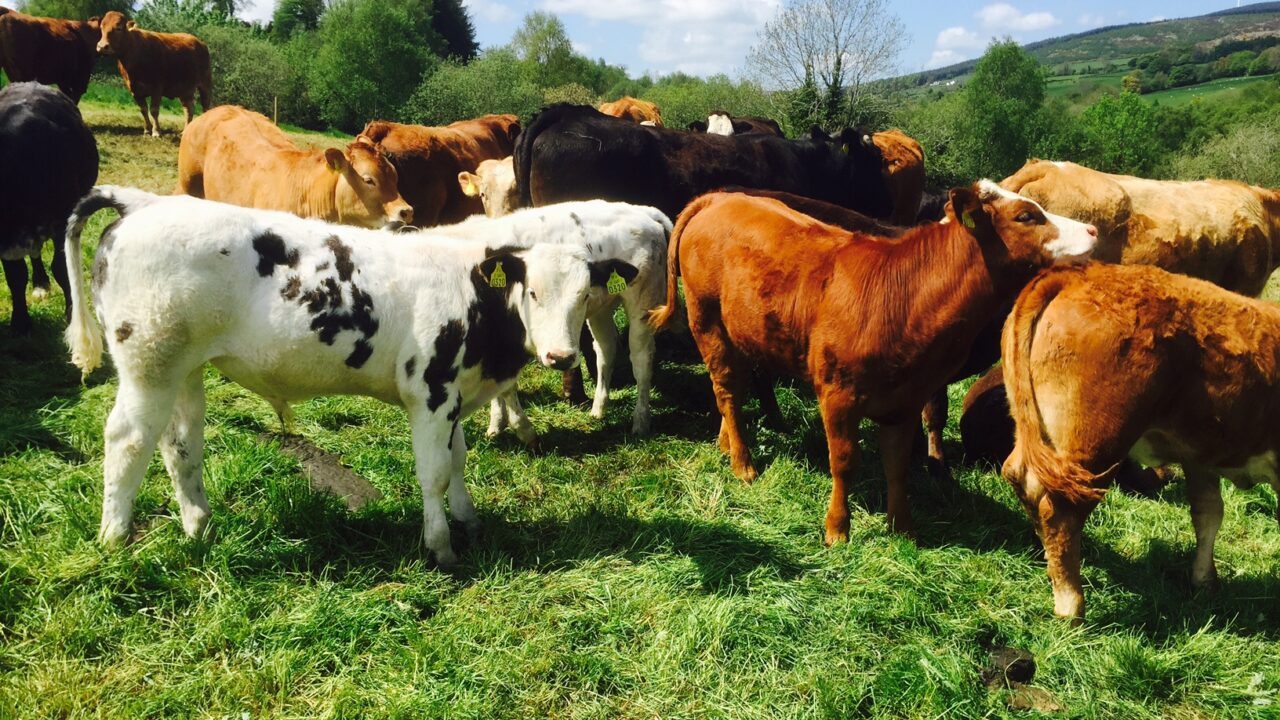Plans to issue a 70% advance of Basic and Greening Payments in October have been announced by Northern Ireland’s Minister for Agriculture, Michelle McIlveen.
Payments will be made to eligible farm businesses where all checks have been completed, in an effort to relieve some of the pressures on farmers after a tough financial year, according to the Minister.
“I am acutely aware of the very challenging market conditions that farmers have faced. Whilst the vast majority of contributing factors are outside our control, we will continue to do all that we can to assist,” Minister McIIveen said.
The plans were announced as part of Minister McIIveen’s vision for the future, which includes a profitable agri-food industry, a healthy environment and a thriving rural economy.
Speaking at a briefing of the AERA Committee, the Minister for Agriculture said that in delivering profitability across all sectors, her focus will be on improving the economic and environmental performance of businesses.
The agri-food sector plays a pivotal role in the local economy, with an annual turnover of almost £5 billion (€5.88 billion) and over 20,000 employees, however there is still potential for growth, according to the Minister.
“Soon I will announce the opening of the Farm Business Improvement Scheme capital element which, I believe, will help to sustainably grow the sector. There is no point producing more if the market is not available.”
Meanwhile, the Agri-Food and Biosciences Institute alongside local universities will benefit, with the Minister for Agriculture intending to commission over £7m (€8.24m) of new research over the next two years.
The department also plans to regulate, educate and incentivise organisations, businesses and individuals to protect and improve the natural environment.
This includes the Environmental Farming Scheme, a programme to transform environmental regulations and look for opportunities to work in partnership to meet both environmental and economic needs.
The UK’s decision to leave the EU has had a positive impact on the Northern Irish agri-food industry, Minister McIIveen said, with depreciation of Sterling compared to both the euro and Dollar benefiting exports.
Northern Ireland goods are more competitive in export markets and the costs of food products coming into the UK are more expensive compared to locally produced products.
“More visitors and shoppers are coming to Northern Ireland and, in particular, to our rural towns and villages. Devaluation of Sterling is likely to have a positive impact on the value of basic farm payments to farmers,” Minister McIIveen said.
The Northern Irish Minister for Agriculture would also like to see open trading arrangements continue for existing markets, and a more progressive approach to developing new markets as the UK exits the European Union.

